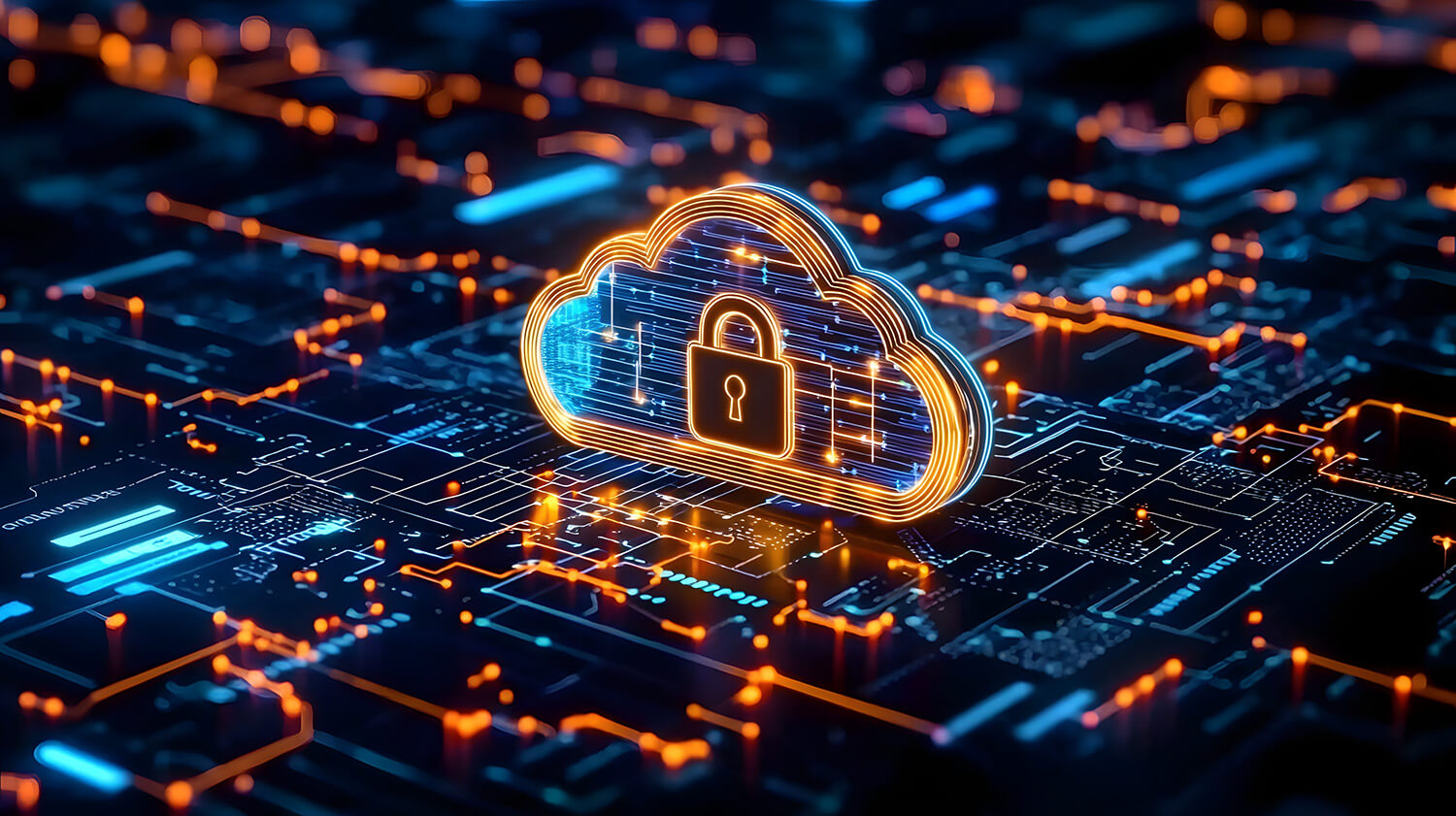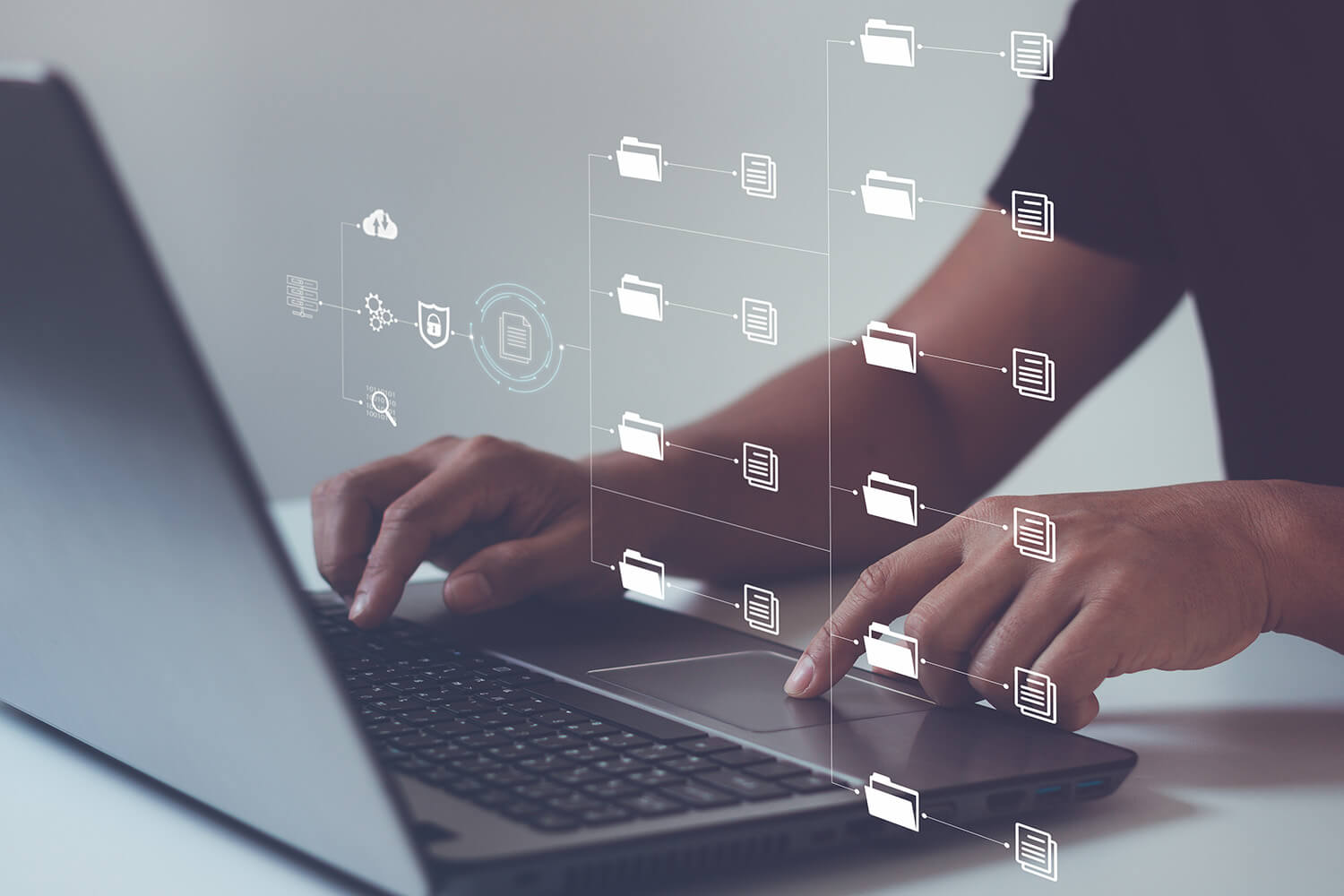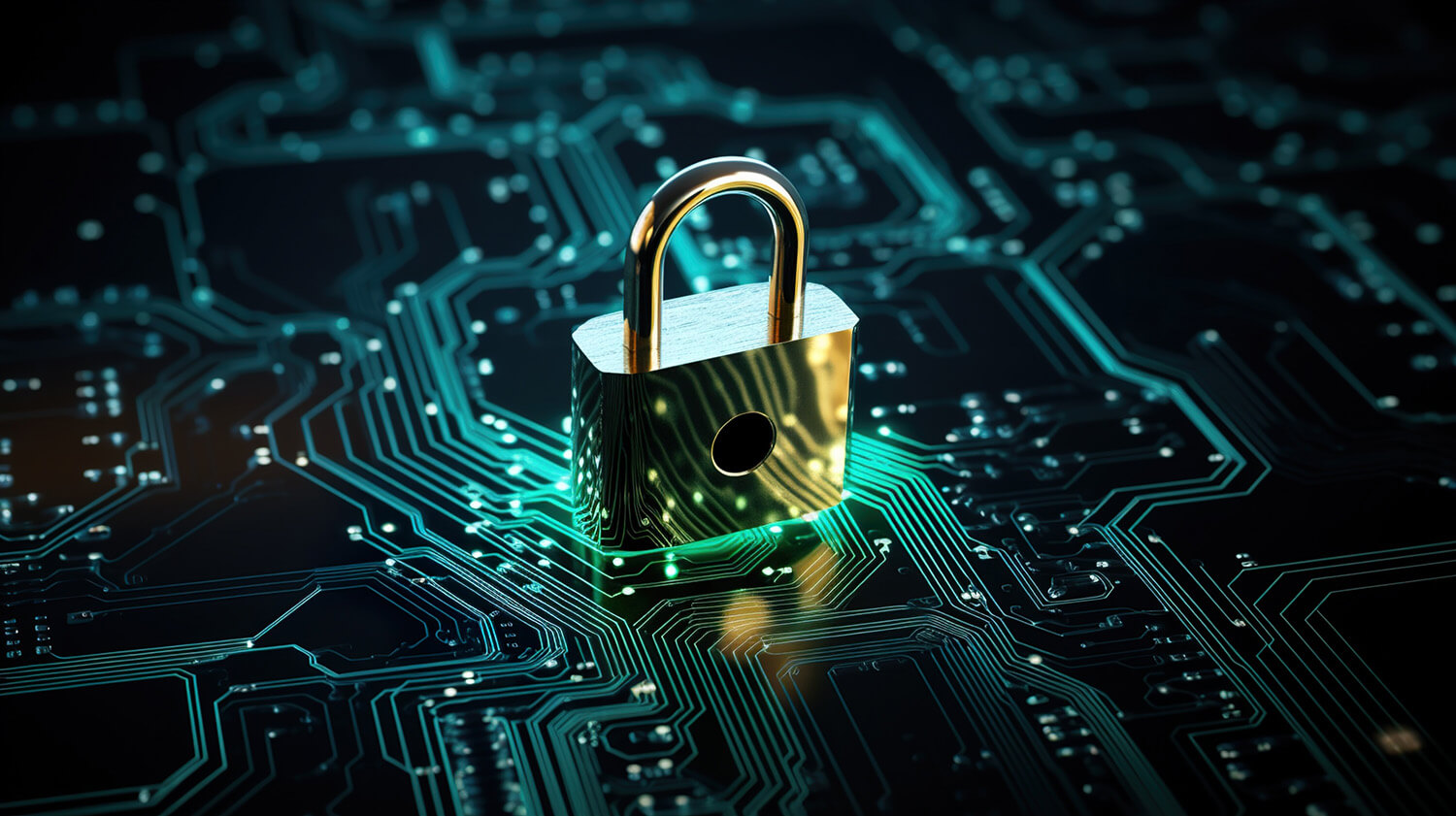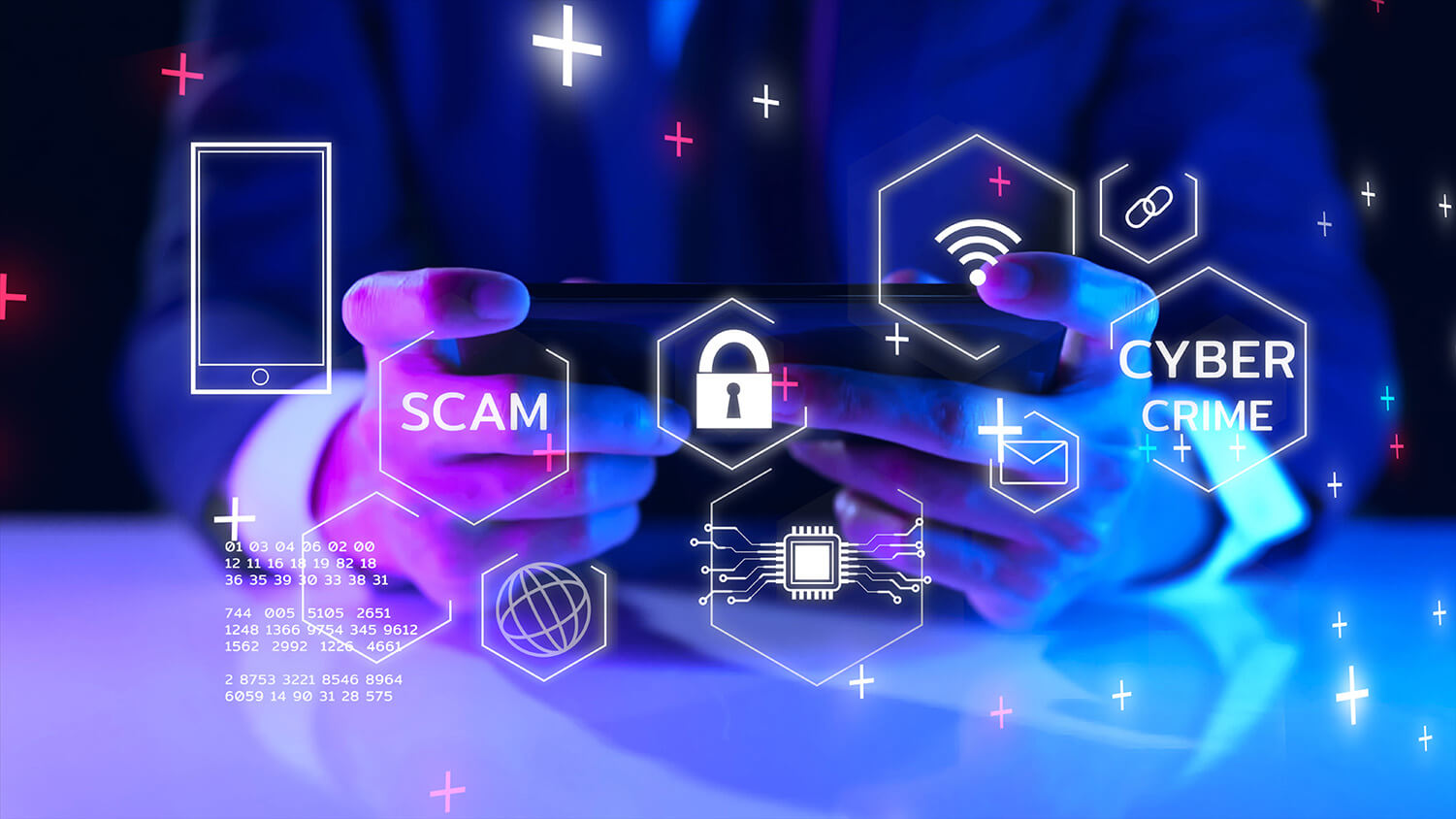GoDaddy. MGM Resorts. Garmin. T-Mobile. Zoom.
What do these businesses have in common? They were all victims of data breaches in 2020—and they weren’t the only ones.
Data is valuable and needs to be protected. And despite having the best security software and tools to do so, the weakest link is almost always you and your people—not your tech. The good news is, there are some basic steps you can take to help protect your data from a breach.
Disclaimer: While these tips will help protect you against a data breach, they are not infallible nor is this an exhaustive list. If you’d like help navigating data security, best practices, and how to best protect your business from a Cyber Security or Data Breach, please reach out to us.
#1 – Default MFA on policies
MFA or “Multi-factor authentication” is a login process that requires two or more verification methods. Typically this is something you know, like a password—and something you have, like a cell phone, a secure token, a fingerprint, a retina scan, and so on. Today, most modern authentication systems support MFA (or 2FA, 2-factor authentication) so look for the option to enable them, and make this your standard across all accounts where possible.
#2 – Trust no one by default
While trusting no one may be counter to your way of doing business, it’s rooted in solid IT principles that have been practiced for many years now. Taking a “trust no one” approach limits your exposure to social engineering attacks on your people, adopts the principle of least privilege around how you share data and system access across your organization, and ensures the storage and use of all data and systems takes a thoughtful approach across your organization.
#3 – Use good passwords
Whether you’re using MFA or not (we recommend it where possible), we still recommend using good passwords that are unique for each and every system you log into. Using a password manager like Lastpass can help you generate and “remember” a unique password for each system. Using unique passwords for every login is important because in the event that one password is compromised, your other accounts will remain secure.
#4 – Use encryption where possible
Encryption adds another layer of protection to your hardware and software. Here are just a few examples of items that should be encrypted:
- Hard Drives
- Databases
- Email (where possible, technically challenging to encrypt)
- USB Keys
- Websites (use “https”)
If you need support encrypting your data, reach out to us and we can help you navigate this important practice.
#5 – Never email sensitive information (ever)
You should never send sensitive information like passwords, banking info, credit card numbers over email. Email is vulnerable and prone to hacking because a hacker has not just one, but Five access points with email:
- your computer/email account
- Your email server
- In transit (while the message is in transit between sender to receiver)
- Receiving email server
- Receivers computer/account
Email messages can be encrypted, however it requires exchanging security keys (the sender and receiver) in advance of communicating securely via email. Setup is generally too involved for most businesses and users to justify. Due to this, we’ve seen considerable adoption of hosted secure email solutions where the sender gives the receiver temporary (or permanent) access to an online portal they can log into to retrieve their message from your system.
But to keep it simple: do not share data or information over email that you wouldn’t want a hacker to access.
#6 – Educate your people
All the security in the world will falter if your people don’t know how to protect the company’s data. Ensure your staff know the basic best practices above, and how to keep themselves safe from other schemes not mentioned above. Reach out to us if you need help training your people, we’d be happy to help!
#7 (BONUS) – Setup 24/7 systems monitoring
You wouldn’t arm your home security only when you’re at home and turn it off when you leave, right? Leaving your systems like your servers, networks, and computers unmonitored while your business is closed doesn’t make sense either. When a data breach does occur, every minute you aren’t able to react can cost you exponentially. Ensuring your systems are being monitored all day and night provides you with the peace of mind things are secure. Reach out to us if you need help with 24/7 systems monitoring!
WRAPPING UP
If you aren’t already doing so, implementing these tips will put your business in a better place to defend itself against an attempted data breach. But as mentioned, these steps don’t guarantee prevention, nor is this list exhaustive. There are many ways you can keep your business and its data safe, and the more you implement the better off you’ll be.
Clearbridge Business Solutions helps businesses by leading their digital strategy efforts through investments in technology. If you’d like to learn more about how Clearbridge may be able to help your business, connect with us by clicking the button below. Talk soon!




